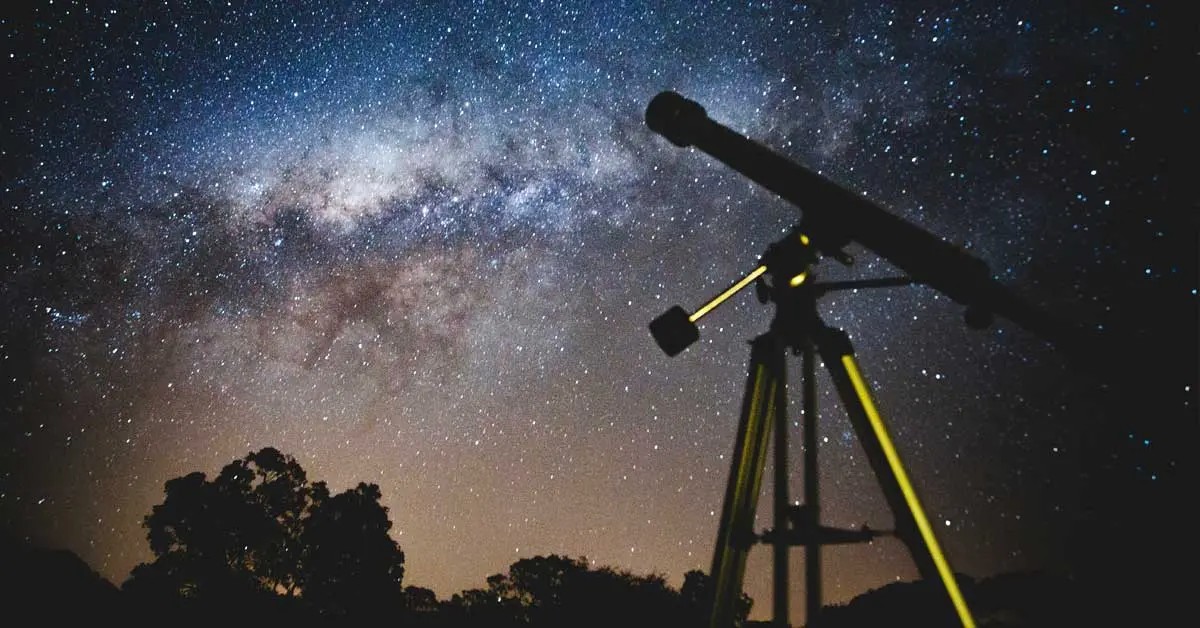The best telescope to get into astronomy is the one that will fit your needs, budget and skill level. There are a lot of choices out there, so it’s easy to get overwhelmed by all the options. Here are some things to consider when choosing a telescope for yourself or for your child.
Price
Cost is usually the biggest factor in deciding what kind of telescope to purchase. You’ll find a wide range of prices from as little as $100 up to several thousand dollars for professional grade telescopes. If you’re just starting out, it might be better to spend less money on a smaller telescope that will give you an idea of what you like before investing in something more expensive.
Size
The size of the mirror is important because it determines how much light can be gathered and focused by your telescope’s optics. Typically speaking, larger mirrors collect more light which allows you to see fainter objects in space than smaller mirrors do — but they also cost more money and take up more space when transporting them around. For example, if you plan on taking your telescope with you while camping or hiking then getting a large Newtonian reflector might not be ideal since they are difficult (and heavy) to carry all day long.
The first thing to consider is what kind of objects you’d like to see with your new telescope. Are you interested in planets, stars or deep sky objects? Do you want something that can be used both at home and when travelling? Some telescopes are better suited for terrestrial viewing while others are better suited for astronomical viewing. You may also only have room for one so choose wisely!
Telescopes UK are a great way to get started in astronomy. They are very affordable and you can use them for observing the night sky with your family or friends. If you have always wanted to get into astronomy, here is a list of the best telescopes to help you get started:
Portable Dobsonian Telescopes: These telescopes are very easy to set up and take down. Their wide field of view makes them perfect for observing objects like nebulae, star clusters and galaxies. They also come with an altazimuth mount that makes it easier for beginners to use them without getting frustrated by having to balance their equipment perfectly. You can check Celestron Astromaster for more information.
Refractor Telescopes: Refractor telescopes are known as long focal length telescopes because they have one lens at the front end of the telescope tube that focuses light into an eyepiece at the back end of the tube. They focus light by using glass lenses so they are usually not as powerful as reflectors but they do offer better image quality compared with reflectors since there is no chromatic aberration or spherical aberration caused by light passing through different types of glass materials used in reflectors. You can check Celestron Astromaster 130EQ Telescope for more information.








